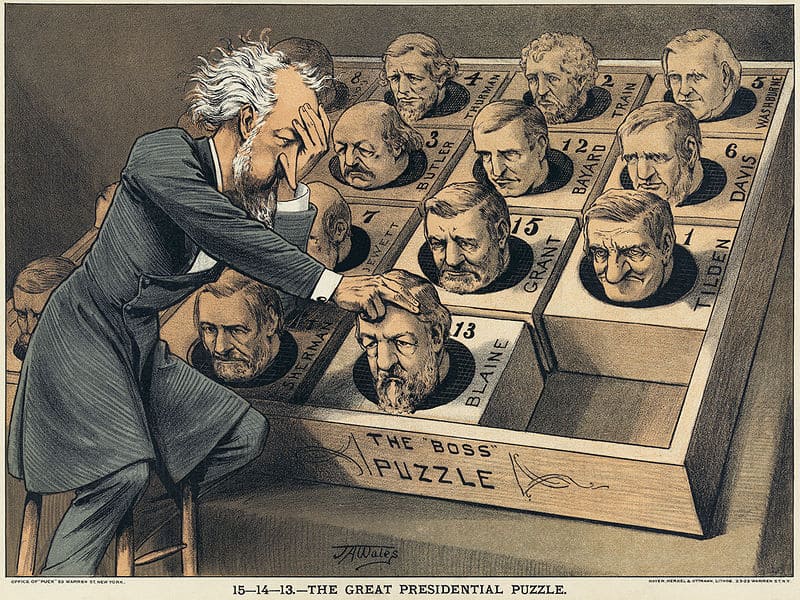
ADVERTISEMENT - CONTINUE READING BELOW
2. Early American voting was limited to men with property
When the English arrived at Jamestown in 1607, they carried with them a sealed box they were to open upon landing. In it was a list of seven men, whom the colony’s investors in England had selected to serve as the local council for the settlement. The seven councilmen were directed to decide among them which of them was to serve as president of the colony. Captain John Smith was one of the seven, but he was denied his seat on the council because he was under suspicion of mutiny during the voyage to Virginia. Edward Maria Wingfield was selected by the council as the first president of Virginia.
It was over a decade later when the first elected assembly was created in Virginia, which by then had twenty-one settlements and corporations, with the non-incorporated settlements called plantations (Williamsburg was originally known as Middle Plantation). In most colonies, including Virginia, the local officials who administered voting were appointed by the governors rather than elected, and in most colonies, the governors held a royal appointment from the King of England. Voting was conducted publicly, and votes which displeased royal authority were accordingly rare.

